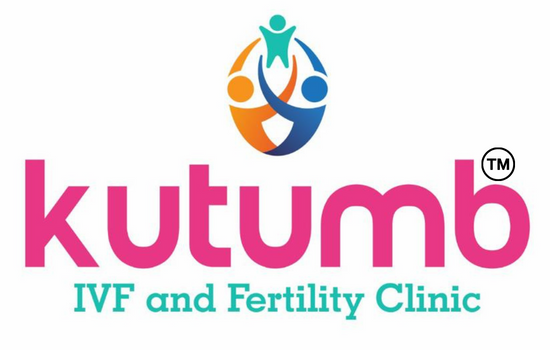Struggling to conceive? In this blog, we explored the top 10 reasons why you may not be getting pregnant. From lifestyle factors to underlying medical conditions, understanding these potential roadblocks can help you navigate your fertility journey.
1. Age
Your age can play a significant role in fertility. As you get older, the quantity and quality of your eggs decrease, making it more challenging to conceive. It’s important to be aware of the impact of age on fertility and consider seeking medical advice if you’re facing difficulties.
2. Hormonal Imbalances
Imbalances in hormones, such as irregular menstrual cycles or polycystic ovary syndrome (PCOS), can affect ovulation and fertility. If you suspect hormonal imbalances, consulting with a healthcare professional can help identify and address these issues.
3. Weight 
Being underweight or overweight can impact your fertility. Maintaining a healthy weight can increase your chances of getting pregnant. If you’re concerned about your weight and its effect on your fertility, it’s advisable to consult a healthcare professional who can provide guidance and support.
4. Smoking
Smoking can make it harder for both men and women to have babies. It can also increase the risk of miscarriage and other complications during pregnancy. Quitting smoking is a significant step towards improving your fertility and overall health.
5. Alcohol and Substance Abuse
Excessive alcohol consumption and substance abuse can have detrimental effects on fertility and pregnancy. If you have problems with alcohol or drugs, it’s really important to get help from professionals and people who care about you. This will not only make you feel better but also improve your chances of having a baby.
6. Stress
High levels of stress can disrupt hormonal balance and interfere with ovulation and conception. It’s really important to discover good ways to deal with stress. Consider exploring stress-reducing techniques such as exercise, meditation, or therapy to support your fertility journey.
7. Infections and STDs
Certain infections and sexually transmitted diseases (STDs) can lead to fertility issues if left untreated. Regular check-ups and practicing safe sex are essential for preventing and addressing these concerns. If you suspect an infection or have concerns about STDs, consult with a healthcare professional for appropriate testing and treatment.
8. Pelvic Inflammatory Disease (PID)
PID, an infection of the reproductive organs, can cause scarring and damage that can affect fertility. Early detection and treatment are vital. If you suspect PID or have symptoms such as pelvic pain or abnormal discharge, seek medical attention promptly.
9. Genetic Factors
Some genetic conditions can impact fertility. Genetic counseling can help identify potential risks and guide decision-making. If you have a family history of genetic conditions or concerns about your fertility due to genetics, consulting with a genetic counselor can provide valuable insights.
10. Unexplained Infertility 
In some cases, the cause of infertility may remain unexplained. Seeking professional help from a fertility specialist can provide insights and support. They can perform thorough evaluations, offer specialized treatments, and help you explore alternative options to fulfill your dream of parenthood.
Conclusion
Keep in mind, each person’s path to having a baby is different, and there isn’t a single solution that works for everyone. If you are facing challenges in getting pregnant, it’s essential to seek support from healthcare professionals, such as fertility specialists or OB-GYNs. They can provide personalized guidance and offer various treatment options to increase your chances of conceiving. Stay positive, stay informed, and don’t hesitate to reach out for professional help.
In order to improve your chances of getting pregnant, it’s essential to make lifestyle changes based on the potential factors you’ve identified. If you have concerns about a medical condition that may be affecting your ability to conceive, it’s advisable to seek the expertise of a reputable fertility specialist for a thorough evaluation. If our clinic’s location is convenient for you, we welcome you to consult with us directly. We at Kutumb IVF And Fertility Clinic are dedicated to assisting you in achieving your goal of expanding your family.
Give a call to book an appointment today!
